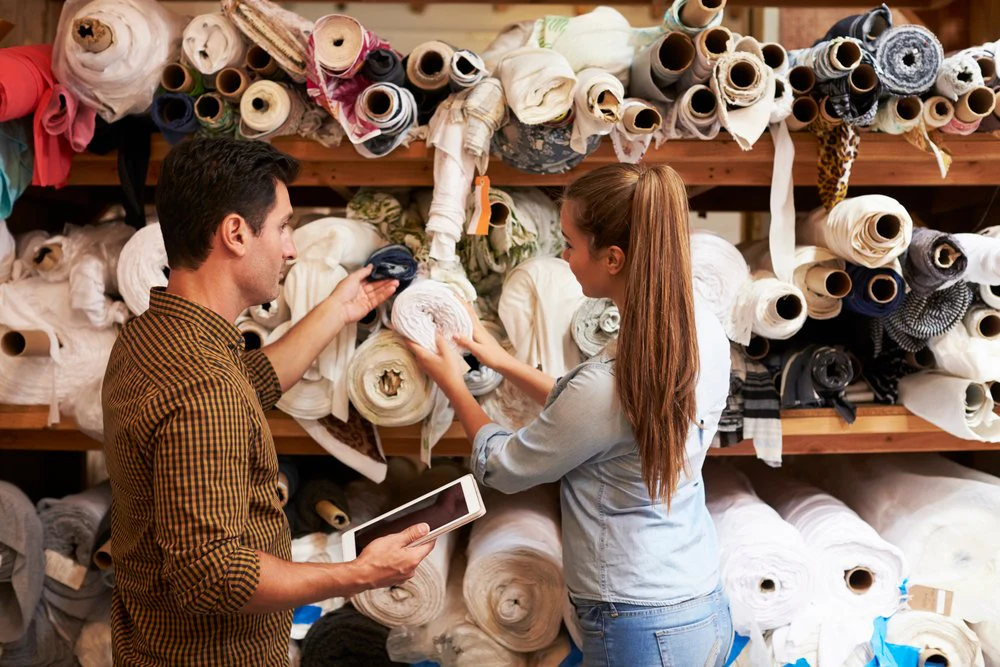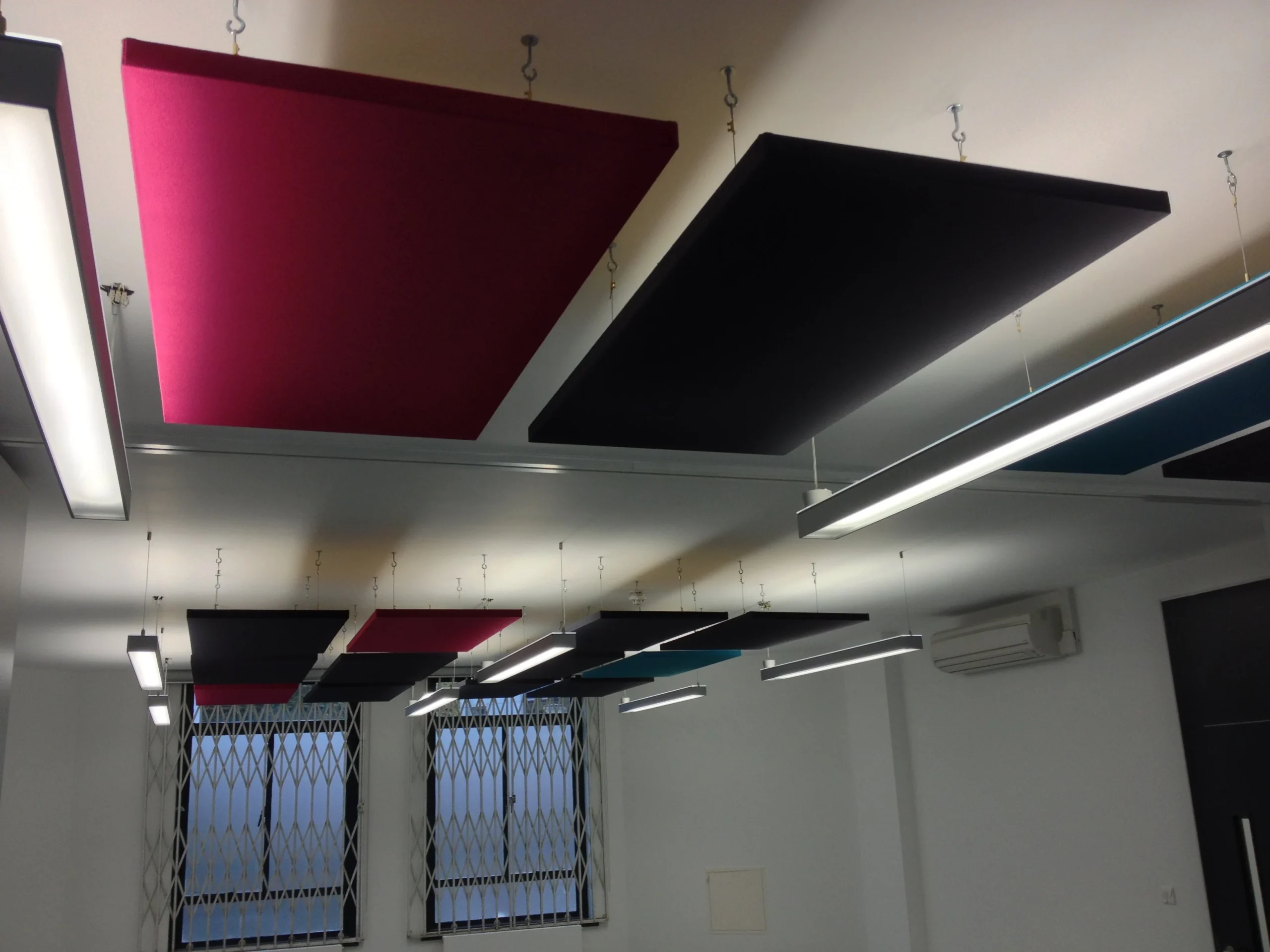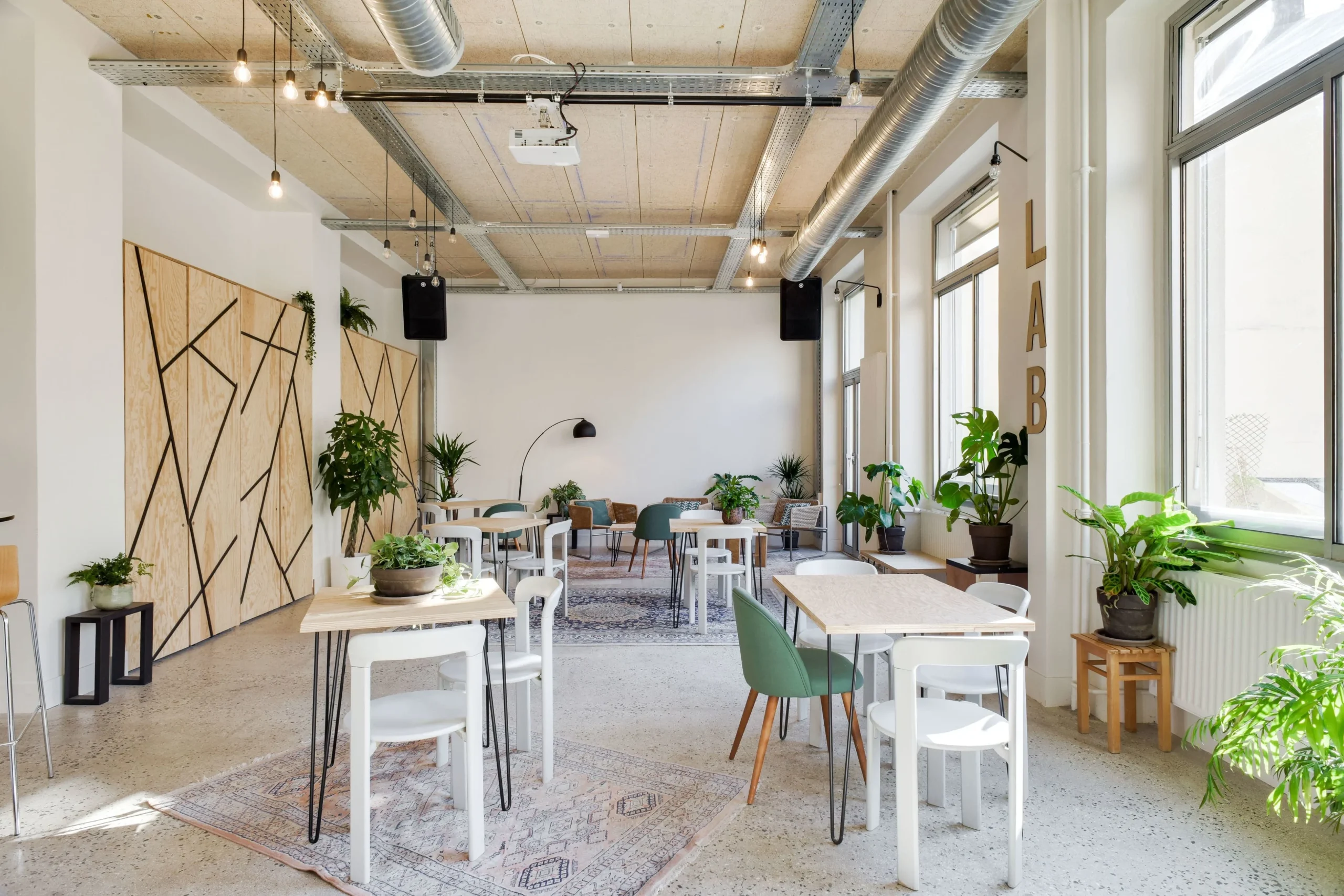Growing pressure on the worldwide clothing sector to lower its environmental impact. As consumers become more aware of the impact of their apparel choices, the demand for sustainable substitutes is exploding. At the core of this transformation are high-end fabric suppliers; their inventiveness and commitment to ethical standards are vitally important in opening the way for an environmentally friendly future in fashion. Not only material suppliers, these businesses are significant players in the entire value chain; they influence design, production, and ultimately the environmental effect of the final product. Shifting the sector away from linear models toward more circular and regenerative strategies depends on their work.
Innovating with Eco-Conscious Materials
Material science innovation is yet another foundation of sustainable clothing manufacturing driven by imaginative textile producers. They are expanding and creating the usage of unique materials that, while much nicer to the earth, provide interesting performance qualities. This covers innovative recycled fibers preserving high-quality, agricultural waste-derived fibers and bio-based synthetics grown from natural organisms. These developments push the limits of what is feasible in sustainable fashion design by giving manufacturers and designers a larger palette of materials that fit environmental objectives.

Ensuring Transparency and Traceability
Building consumer trust and guaranteeing responsibility depend on supply chain openness all along. Progressive fabric suppliers are putting strong traceability systems in place so that consumers and brands can follow the path of the materials from their source to the end product. They enable educated decision-making and assist in fighting greenwashing by offering thorough information on sourcing, manufacturing techniques, and certifications.
Pioneering Circularity Initiatives
Long-term sustainability depends on moving toward a circular economy. At the forefront of creating solutions for textile waste are premium textile suppliers. This means creating materials that are simpler to recycle or biodegrade since they are meant to end-of-life. They are also working with textile recycling technologies and funding them to produce high-quality fibers from post-industrial and recycled materials. Closing the loop on textile materials helps them to steer trash from landfills and lower the need for virgin resources, so producing a model that is better for the future.
Transforming the Apparel Industry Landscape
Premium material suppliers’ impact goes beyond their own activities; they drive transformation all along the garment value chain. They enable companies to be more responsible by providing sustainable alternatives at scale and informing their partners. Their dedication to openness and creativity raises industry standards and inspires other producers and suppliers to follow suit. Their work is basically changing the way clothes are created, bought, and finally, how they affect the world.
Forward-looking policies and innovations of premium material suppliers are greatly driving the path toward genuinely sustainable garment manufacturing. Their attention to responsible sourcing, creation of eco-conscious materials, openness, and innovative work in circularity are not only enhancing their own operations but are also radically changing the whole sector. These suppliers are building a future where fashion and environmental responsibility coexist as they keep pushing the limits of sustainable textile manufacture.











